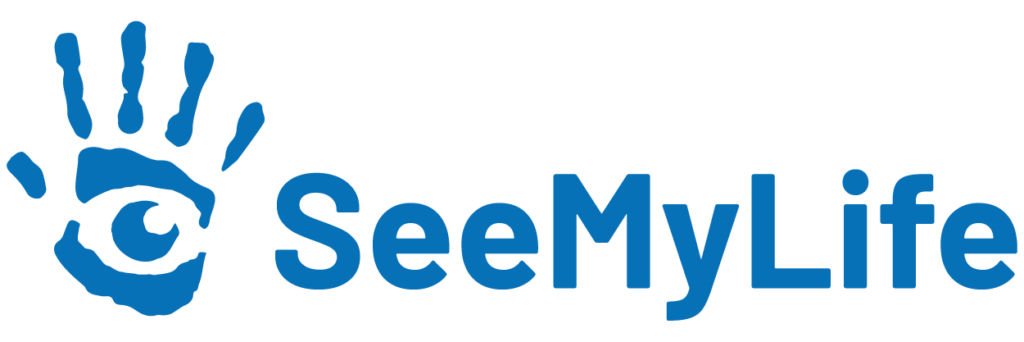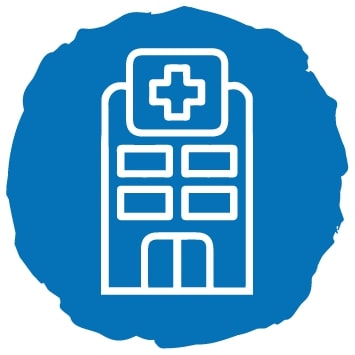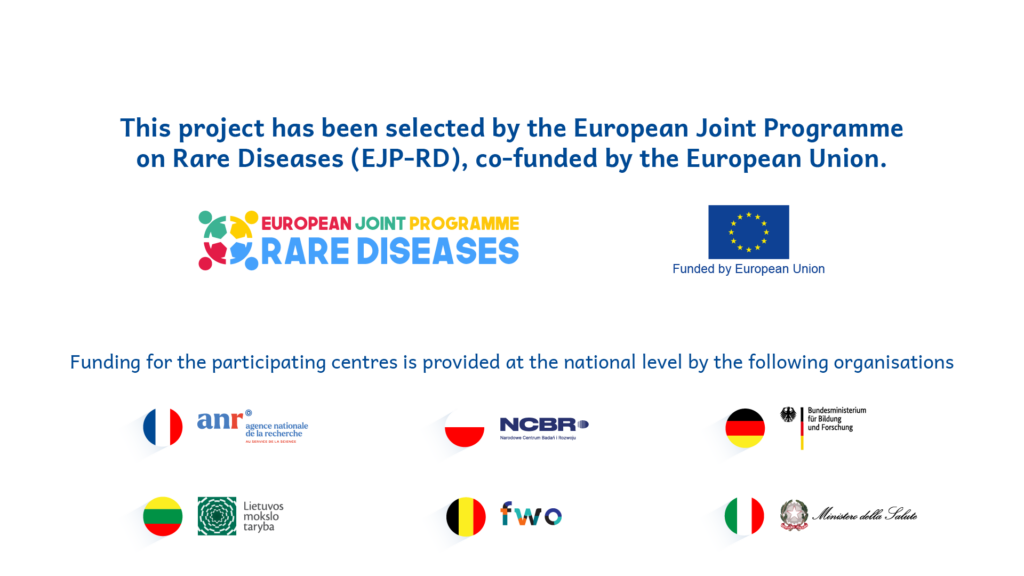“See My Life”: an international multidisciplinary research project to assess the quality of life of children with visual impairment due to a rare eye disease.

1) Why this research?
In Europe, rare eye diseases are the leading cause of severe visual impairment/blindness in children. This severe or total visual impairment may be accompanied by psychological distress for the children concerned and has a considerable impact on their quality of life and that of their families.
While severe eye diseases do involve great physical difficulties (severe sight loss), the psychological, emotional, relational and social impact is often not taken into account and is not well measured.

The SeeMyLife research aims to identify and quantify these different constraints and difficulties, so that they can be taken into account when proposing care and thus better adapt the quality of care for children with a rare eye disease.
2) What will the study focus on?

The study will take place in 6 European countries (Belgium, France, Germany, Italy, Lithuania and Poland) and will bring together multidisciplinary teams of doctors and carers, but also researchers in the social sciences and psychology.
Each of these teams will work with a large number of children and adolescents (over 100 in each country), and will seek to assess through a series of questions what aspects of their lives have been affected by their disease and vision loss.
For example, we will study the consequences on their social relationships (family, friends, lovers, etc.), on their life habits (schooling, leisure activities, etc.), or on the emotional feelings (perception of self and others, joys, disappointments, difficulties encountered, etc.) of each young person participating in the study.
Parents, relatives and carers of the children and adolescents involved in the study will also be asked to answer additional questions on similar topics. This will allow us to have an overview of the situation and the impact of these diseases on the whole material and human environment of children with rare eye diseases, and thus to better understand them.
3) How do we proceed?
For each child or adolescent participating in the study, there will be three appointments either at the clinical institution itself or online. During these appointments, an eye test is carried out to determine the eyesight of each child and adolescent. Additionally, two questionnaires per appointment are administered so that the children and adolescents can provide insights into their feelings and life’s with a rare eye disease.

Some participants (about 15 per country) may also be asked to take part in a sociological interview afterwards, in order to complete the answers given in the first part of the study. This consists of a slightly longer conversation, during which we discuss in more detail life experiences, emotions and everyday feelings about the disease or visual impairment. The parents/relatives/carers of the young people concerned are also invited to take part in an equivalent conversation on an individual basis. This will greatly help us to understand more precisely the experiences of children and adolescents with rare eye diseases, as well as those around them.
4) What should all this lead to / serve?

All the results of this research should make it possible to create tools to assess the quality of life of children and adolescents with rare eye diseases that have led to severe sight loss. These tools will be used to improve the way these young patients are cared for by health care teams, and accompanied in their medical journey, as their real situation and needs will be better assessed and understood. These tools can be used as a reference throughout Europe and the world, and will be useful to a larger number of people.
Watch the video!
Video available in English, French, German, Dutch, Italian, Polish and Lithuanian on this link
Involved centres

- Hôpitaux Universitaires de Strasbourg (HUS), Center for Rare Eye Diseases (CARGO) & Management team of European Reference Network for Rare Eye Diseases (ERN-EYE), ERN- EYE and SeeMyLife Coordinator
- University of Strasbourg (UNISTRA)
- Rheinische Friedrich-Wilhelms-Universität Bonn, represented by the Universitätsklinikum Bonn (UKB), ERN- EYE member
- Fondazione IRCCS Istituto Neurologico Carlo Besta, (FINCB)
- Ghent University Hospital (GUH), Department of Ophthalmology, Unit for Ophthalmic Genetics, ERN- EYE member
- Lithuanian University of Health Sciences (LSMU), Department of Ophthalmology, & Department of Bioethics, ERN- EYE member
- Medical University of Lublin (Umlub), Department of General Ophthalmology, ERN- EYE member

Contact
- Valentine GOURINAT, Research engineer, gourinat@unistra.fr
- Bernard COUPEZ, Administrative and Financial Project Manager, bernard.coupez@chru-strasbourg.fr
- Sarah WITTLICH, Project coordinator of the study in Germany, seemylife@ukbonn.de



